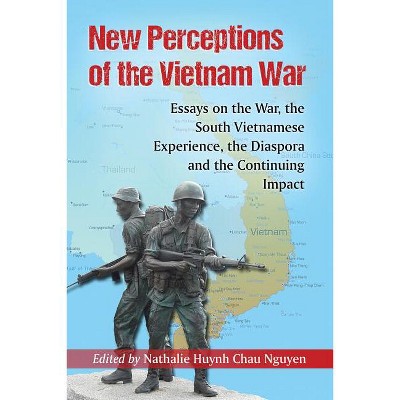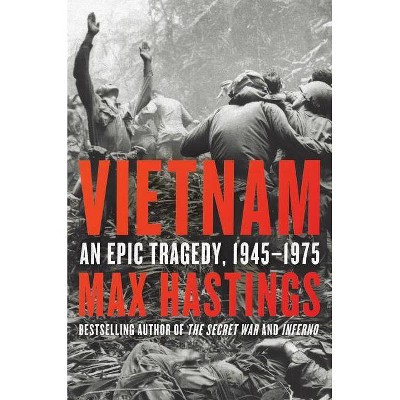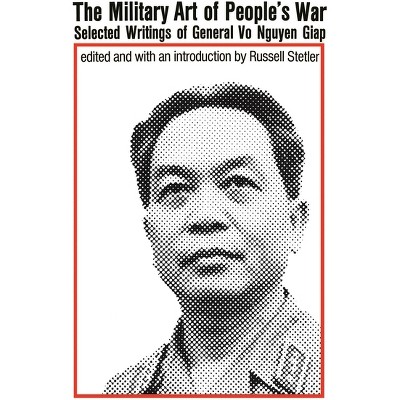Sponsored

The Tragedy of the Vietnam War - by Van Nguyen Duong (Paperback)
In Stock
Sponsored
About this item
Highlights
- What Americans call the Vietnam War actually began in December 1946 with a struggle between the communists and the French for possession of the country--but Vietnam's strategic position in southeast Asia inevitably led to the involvement of other countries.
- About the Author: After the fall of Saigon, Lt. Col. Van Nguyen Duong (RVNAF) was imprisoned for 13 years for "re-education.
- 280 Pages
- History, Military
Description
About the Book
The Vietnam War actually began in December 1946 with a struggle between the communists and the French for possession of the country. Vietnams strategic position in southeast Asia along with veiled economic concerns and a political agenda led to the involvement of other countries, including the United States. Written by an officer in the Republic of Vietnam Armed Forces, this poignant memoir seeks to clarify the nuances of South Vietnams defeat. From the age of 12, Van Nguyen Duong watched as the conflict affected his home, family, village and friends. He discusses not only the day-to-day hardships he endured from forced relocation and eventual imprisonment but also the anguish caused by the illusive reality of Vietnamese independence. The various political forces at work in Vietnam, the hardships suffered by RVNAF soldiers after the 1975 U.S. withdrawal from Saigon, and the effect of reunification on the Vietnamese people are also discussed. An appendix contains a summary of the Eleven Point Program Accords of January 1962.Book Synopsis
What Americans call the Vietnam War actually began in December 1946 with a struggle between the communists and the French for possession of the country--but Vietnam's strategic position in southeast Asia inevitably led to the involvement of other countries.
Written by an officer in the Republic of Vietnam Armed Forces, this poignant memoir seeks to clarify the nuances of South Vietnam's defeat. From the age of 12, Van Nguyen Duong watched as the conflict affected his home, family, village and friends. He discusses not only the day-to-day hardships of wartime but his postwar forced relocation and eventual imprisonment. A special focus is on the anguish caused by the illusive reality of Vietnamese independence.
The political forces at work north and south, the hardships suffered by RVNAF soldiers after the 1975 U.S. withdrawal, and the effects of reunification on the Vietnamese people are discussed.
Review Quotes
"destined to become a classic in military history and Vietnamese studies"-Choice.
About the Author
After the fall of Saigon, Lt. Col. Van Nguyen Duong (RVNAF) was imprisoned for 13 years for "re-education." He immigrated to the United States in 1991 and lives in Honolulu. He has contributed to several Vietnamese magazines in the United States, Canada, Australia and Europe.Shipping details
Return details
Frequently bought together


Trending Non-Fiction















